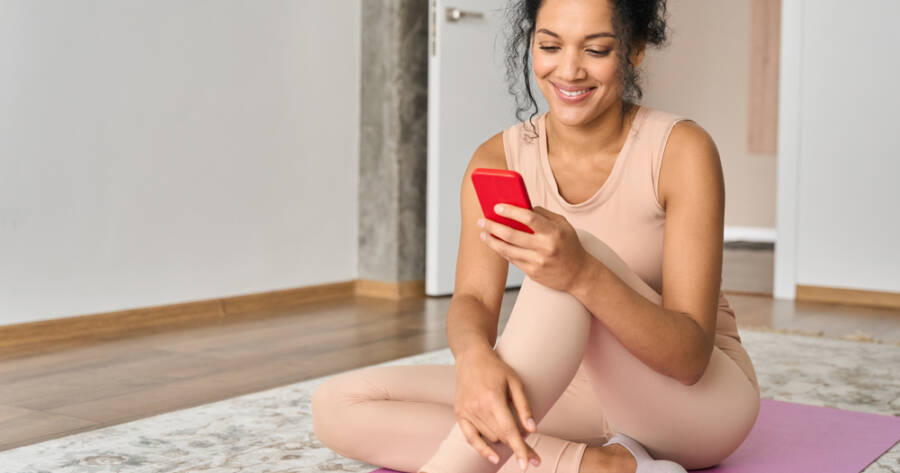Technology often gets blamed for causing stress and disconnection, but when used mindfully, it can be a powerful tool for improving mental health. In recent years, a growing number of apps, devices, and platforms have been developed specifically to help people manage anxiety, depression, burnout, and other mental health challenges. Key tools are making support more accessible, affordable, and personalized, offering everything from meditation guidance and therapy to sleep tracking and emotional check-ins.
1. Meditation and Mindfulness Apps
Mindfulness has gone mainstream, thanks in part to apps like Headspace, Calm, and Insight Timer. These platforms offer guided meditations, breathing exercises, and stress-reduction programs that help users develop daily mindfulness practices.
Headspace, for example, includes meditations tailored for everything from sleep and focus to anxiety and grief. Calm adds sleep stories, calming music, and breathing tools for a well-rounded approach. These apps are especially useful for beginners who want structured, accessible ways to start caring for their mental health.
2. Therapy on Demand
Virtual therapy has removed many of the barriers to getting professional mental health care. Services like BetterHelp, Talkspace, and Cerebral connect users with licensed therapists via text, video, or phone calls. These platforms offer flexible scheduling and subscription-based pricing, making it easier to start therapy without long waitlists or high costs.
For those looking for specific support like couples counseling or cognitive behavioral therapy, many platforms allow you to filter by therapist expertise. The ability to communicate from home can also reduce the stigma or anxiety that sometimes comes with traditional in-person visits.
3. Mood and Habit Trackers
Understanding your mental health starts with observing patterns. Apps like Daylio, MoodKit, and Reflectly let users log daily moods, activities, and thoughts. Over time, these insights help identify what triggers stress, what boosts well-being, and how to build better habits.
Some apps go a step further by offering CBT-based prompts or journaling tools that promote emotional awareness and self-reflection. When shared with a therapist or health provider, these logs can also inform more personalized treatment plans.
4. Sleep and Stress Wearables
Your mental health is closely tied to physical health, especially when it comes to sleep and stress. Devices like the Oura Ring, Fitbit, and Apple Watch offer detailed data on sleep quality, heart rate variability, and stress levels throughout the day.
These wearables can help users recognize when they’re overworked or sleep-deprived, two major contributors to anxiety and depression. Some even include mindfulness reminders, guided breathing, or sleep coaching to support better rest and recovery.
5. Mental Wellness for Gamers
Mental health support is also finding its way into gaming platforms. Apps like Happify and SuperBetter use gamified approaches to help users build emotional resilience and develop positive thinking habits. These experiences use evidence-based techniques in a format that feels fun and interactive.
Gamified mental health tools are especially appealing to younger audiences and can offer a gateway into deeper self-care practices.
6. Community and Peer Support Apps
Sometimes, what helps most is simply knowing you’re not alone. Apps like 7 Cups, Wisdo, and Monaru connect users with trained listeners or peers experiencing similar struggles. These platforms promote a sense of community, empathy, and shared growth without requiring formal therapy sessions.
While not a replacement for professional care, peer support can provide valuable encouragement and reduce feelings of isolation especially during challenging times.
The Future of Tech and Mental Health
As mental health awareness continues to grow, so does the innovation in digital wellness. With advances in AI, biofeedback, and personalized mental health coaching, we’re entering an era where help can be as close as your phone or wrist.
Of course, tech isn’t a cure-all. But when used in balance, it can be a meaningful part of a broader mental wellness toolkit.
Caring for Your Mind in a Digital Age
Technology doesn’t have to be a source of burnout. In fact, with the right tools, it can be part of your healing. Whether you’re just getting started or deepening your mental health journey, these apps and devices offer real support in real time, meeting you where you are and helping you move forward.

